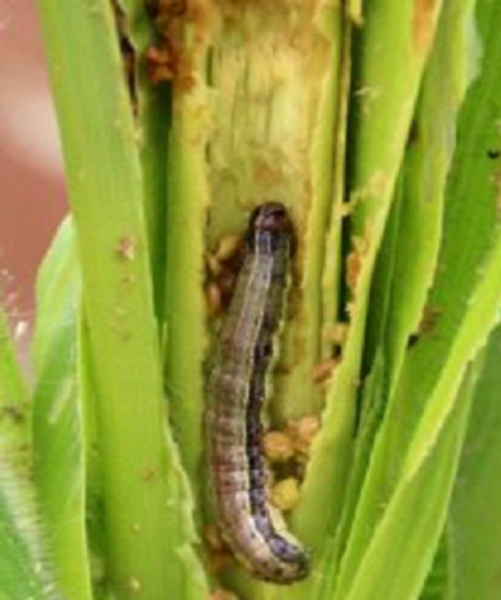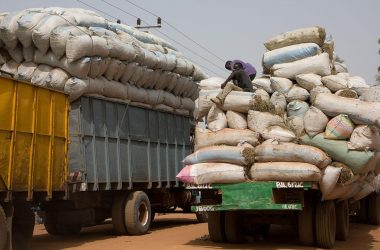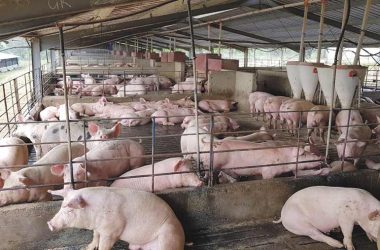
Gambian agriculture technocrats has agreed that the most current lingering problem feared to cause setback on the countries food security is the invasion of pests on crops, particularly the presence of a dreadful crop destructive pest called Fall Army Worm (FAW) which was discovered last year.
During a day synergy convened for journalists, national drama troops and traditional communicators on improving food security and livelihoods through sustainable integrated pest management on Saturday, stakeholders observed that farmers understanding must be harnessed in pest management to avoid total crop destruction.
The synergy was jointly organised by the Government of The Gambia and the Food and Agriculture Organisation (FAO) of the United Nations.
The presence of the FAW in the country was confirmed by the International Institute of Tropical Agriculture (IITA) to the National Agricultural Research Institute (NARI) the following the agricultural research institute’s discovery of a pest suspected to be FAW.
FAW (Spodoptera frugiperda) specie of caterpillars native to Americas is an alien pest that was observed in more than 20 African countries where it caused rancid destruction to food crops. It is classified to be destructive to maize but can also feed on other crops.
Dr. Mustapha Ceesay of FAO said, “Journalists are critical in the chain to achieve food security because they control information flow.”
The pest was first reported to have been observed in The Gambia in Kembujeh, Radville Farm and Bakau Women’s Garden with a significant damage of 60% observed on maize crop. The sensitisation was organised by the United Nations Food and Agriculture Organisation (FAO), The Gambia office.
According to statistics, it feeds on 80 different crop species except for Cassava and seriously infests maize. It eats leaves, flowers and fruits of the plant and damages are serious on late planting and late maturing plants. Highly infested fields could have 100% losses.
Landing Sonko, director of plant protection services said agriculture has huge economic value but if pest control and management is not effective could lead to low production yield. He said some of the pests on concern in The Gambia include Spiralling white flies, the mango mealy bugs, the scale insects and fruit flies.
Dr. Demba Jallow, a researcher with the National Agricultural research Institute (NARI) said there are trying to come with solutions in pest control and advocate for reduction in the use of pesticides as a way of controlling pest. “Fall Army Warm is destructive to crops and if not controlled can threat farmers’ livelihood and food security.”
It is estimated that FAW in Africa has the potential to cause maize yield losses in a range from 8.3 to 20.6 metric tonnes per annum. The value of losses is estimated at between US$ 2, 481 to US$6,187 million. It is expected to spread throughout suitable habitats in mainland Sub-Saharan Africa within the next few cropping seasons.
The female pest can lay eggs of about 1000 and hatch in 3-5 days (20-30 degree Celsius). Larvae are light green to dark brown with longitudinal stripes. Large larvae are described to be characterized by an inverted Y-Shape on the head.
In The Gambia, maize could be classified as the third staple food after millet. The national production of maize fluctuates year to year.
Agricultural communication specialist Saidou Jallow said achievement of national goals on food security will largely depend on how people adopt improved and modern technologies and innovations of production, post-harvest and marketing.
He said the adverse effects of pest invasion and disease infections on crops remain a problem, appealing to journalists to divorce the belief that their work only remain at passing information to the public.
By Amadou Jallow






That’s all the agricultural ministry is good with. Seminars. Seminars. Seminars. I have just lost about 6 acres of maize to this insects. Is time for them to go into farms and solve problems rather seminars. Ministry of Agriculture has the most PhD holders in this country but they are the most backward ministry in the Gambia. No more seminars .. We need practical solution. Seminars is not killing the insects in my farm.